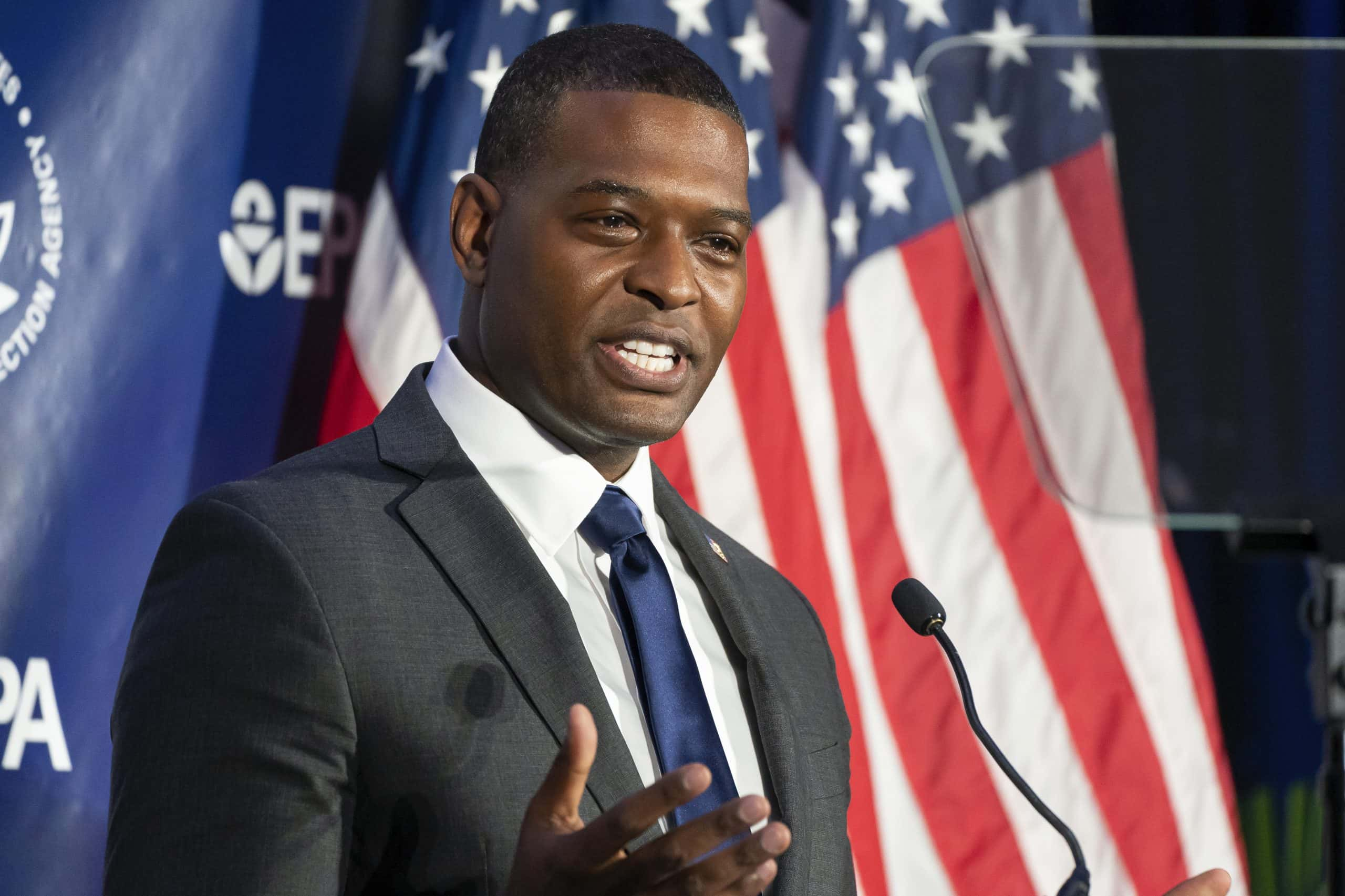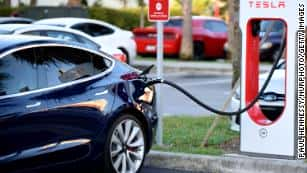The Biden administration announced on Friday that $20 billion from a federal “green bank” will be made available for clean energy projects like home heat pumps, EV charging stations, and community cooling centers.

The White House said that two clean energy projects, each worth $14 billion and $6 billion, will provide nonprofits, community development banks, and other organizations with competitive grants to fund clean energy projects with an emphasis on underserved neighborhoods. The investments come after a $7 billion Solar for All program for home and community solar installations in low-income neighborhoods was introduced last month.
The Greenhouse Gas Reduction Fund, formerly known as the Green Bank, was established by Congress in last year’s climate law and will be in charge of directing all three projects.
The clean energy projects launched on Friday were described by Vice President Kamala Harris as “the largest investment in financing for community-based climate projects in our nation’s history,” with the remark “It’s a good day.”
Harris said that green bank investments for clean energy projects will “dramatically accelerate” efforts to reduce the planet’s greenhouse gas emissions while bolstering tens of thousands of climate and clean energy projects/initiatives across America while speaking at Coppin State University, a historically black college in Baltimore.
With the help of federal investments, developers that construct affordable housing in areas like Baltimore “will now have the capital they need to install energy-efficient appliances in new units, to lower energy use and help tenants save on their electric bills,” according to Harris. According to her, small company owners will also be able to get zero-interest loans to buy electric delivery trucks, which will cut down on pollution and gas costs.
More of our children will be able to breathe clean air and drink clean water when we invest in clean energy projects and electric vehicles, she claimed.
Michael Regan, administrator of the Environmental Protection Agency, whose organization is in charge of the $27 billion green bank, described it as a method to “tackle the climate crisis and reshape the economy” at the same time. According to him, the clean energy projects will provide “transformational resources” for a lot of underserved communities that are frequently overlooked by commercial banks and investors.
The funding will hasten the deployment of clean energy projects in neglected communities like Baltimore that have been disproportionately damaged by pollution and climate change, according to Maryland Sen. Chris Van Hollen, a Democrat who first proposed legislation to establish a national green bank 14 years ago.
Van Hollen attended the ceremony at Coppin State with Harris, Regan, and other officials. “These funds will serve as a force multiplier for private investment in clean energy projects to cut emissions and promote environmental justice in underserved communities across the country,” he stated.
According to Regan, the green bank could assist finance cooling centers in hot urban areas, as well as charging stations for electric vehicles, renovating buildings, and installing efficient heating and air-conditioning systems.
With clean energy technology delivering that landing, he added, “This is really about making sure that every person in this country is experiencing the best quality of life possible.”




